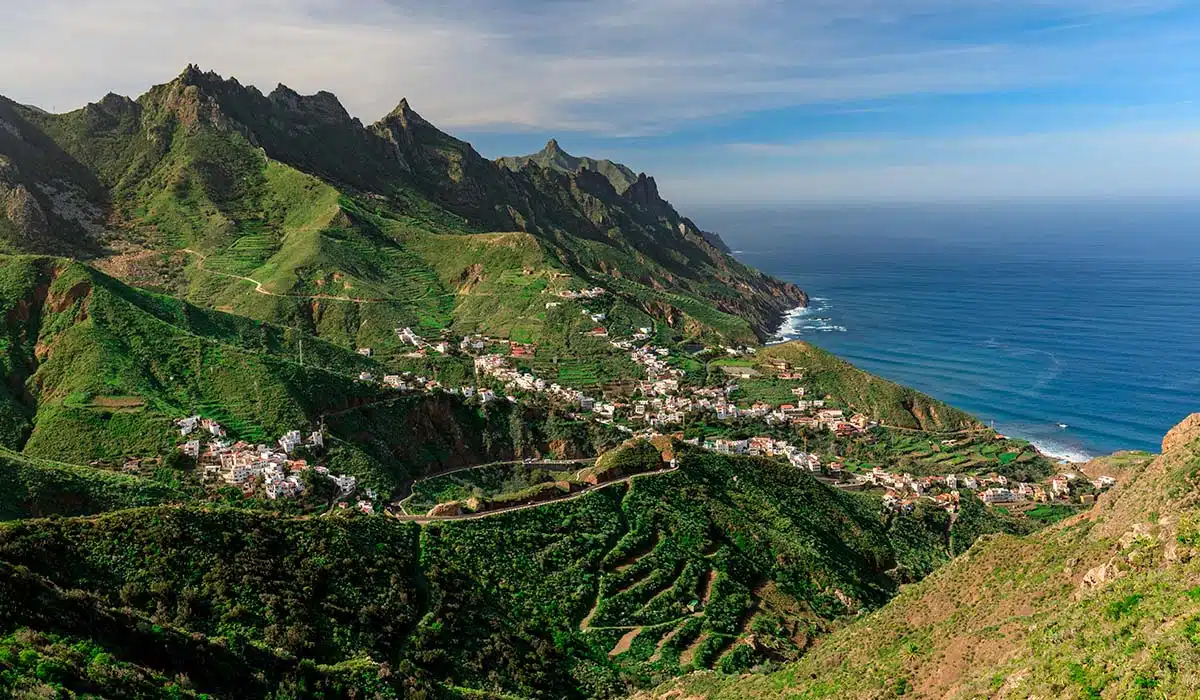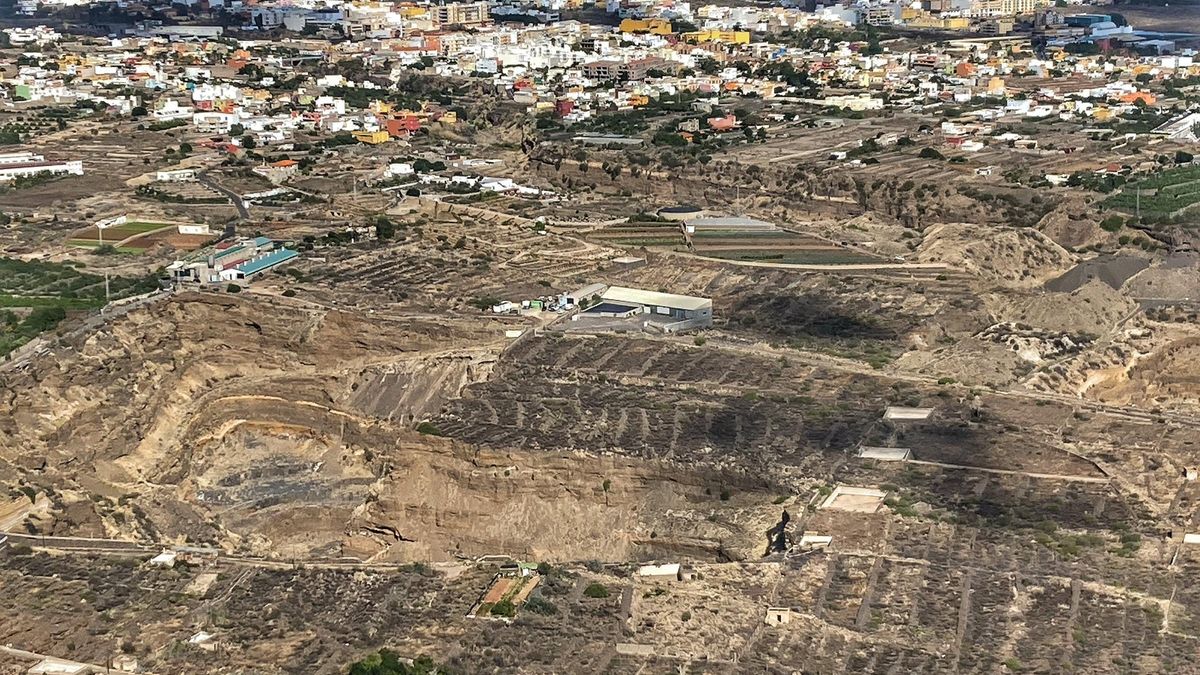The rural tourism subsector in the Canary Islands, comprising around 800 traditional houses with a capacity of over 4,000 beds—primarily located in Tenerife, La Palma, and Gran Canaria—is sounding the alarm once again. Representatives from this sector report a longstanding struggle against an increasingly hostile environment, citing the “massive growth” of vacation rentals in mid-altitude villages and, in many instances, on rustic land, where such activities are not legally permitted.
Waiting for Political Responses
Expectations now hinge on several fronts. Firstly, on a study commissioned by the Canary Islands Government’s Department of Tourism, with results anticipated at the end of this year or early 2026. Secondly, on the approval of a new vacation rental law, currently under discussion in the Canary Islands Parliament. Most importantly, there is hope for the implementation of the Rental Registration Number (NRA), a code issued nationally by property registrars, necessary for any accommodation listed on vacation rental platforms. Rural accommodations, however, remain exempt from this requirement due to their special status.

The sector holds little hope for action from local councils. According to Pedro David Díaz Rodríguez, president of the Tenerife Rural Tourism Association (Tenatur) and member of Acantur, the Canary Islands Rural Tourism Association, local authorities are guilty of “passivity.”
“Municipalities hold the powers in urban planning, land use, and urban discipline. They must inspect, report, and, if necessary, close holiday rentals on rural land that violate planning regulations. It is time to put an end to the nonsense of building on this valuable land.”
What the Law Says
As Díaz explains, rustic land in the Canary Islands is designated for agriculture, livestock, and environmental protection. Tourist use is only permitted when there is a pre-existing historic building that forms part of the Canary Islands’ cultural heritage. In such instances, tourist use is linked to the restoration and preservation of the building—this epitomises true rural tourism.
“Everything else is a substitute, a white label. It is not rural tourism, nor anything resembling it.”
A Cry for Help
The owners of rural accommodations assert that time is running out. They warn that without decisive action, the survival of the subsector is at risk. They do not seek privileges but rather recognition of their heritage and identity value, which includes:
- Financial aid for maintaining historic houses,
- Stronger protection measures for rural areas,
- Urban planning discipline to ensure compliance with the law,
- Political commitment at the highest levels,
- And technical training in municipal offices for proper case management.
A Different Model of Tourism

For Díaz, it is unthinkable that the Canary Islands, one of Europe’s premier destinations, could exist without rural tourism. In contrast to mass tourism, rural tourism provides an alternative: authentic experiences in restored historic houses, set against expansive landscapes, connected to local communities and traditions.
“We are not opposed to modernity. What we advocate is the recovery of landscapes and the proposal to ‘ruralise tourism’,” he explains.
This, he contends, requires rural tourism to return to its roots—its connections to the land, the people, and local heritage—while also renewing itself through stronger partnerships and innovative strategies.
“We must stop dwelling on nostalgia and sadness. Rural houses are powerful custodians of Canarian identity. They do not compete with mass vacation rentals; they are their antithesis.”














